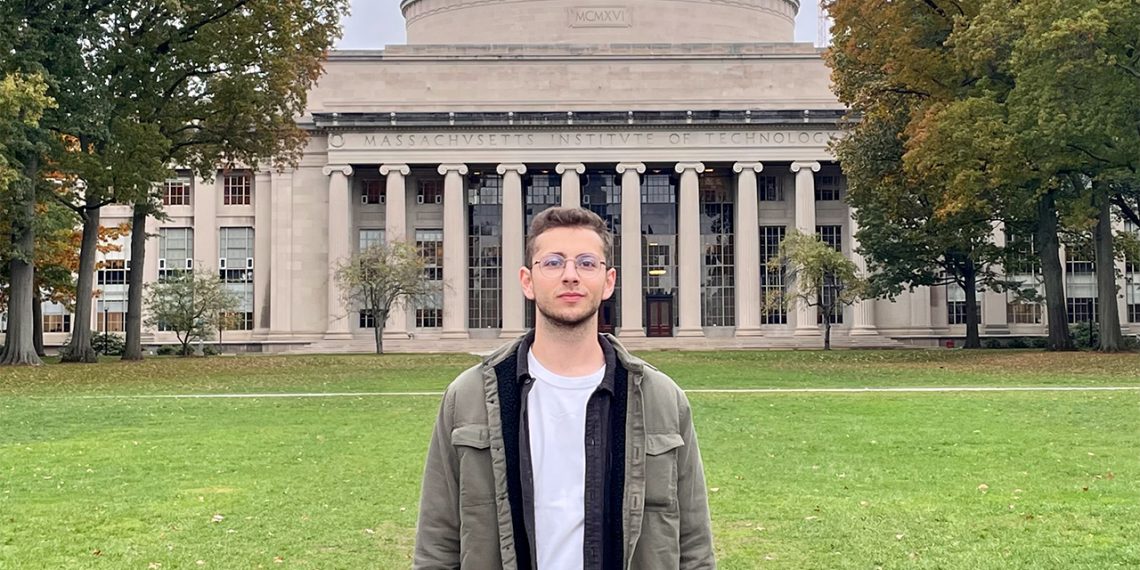João Matos’ thesis “Research Frameworks towards Health Equity” was acknowledged by IEEE Portugal. The INESC TEC researcher studied potential AI biases in health and how “humanist concepts” can balance this issue.
The master’s thesis by INESC TEC researcher João Matos – who, following an equity approach, studied the impact of Artificial Intelligence (AI) algorithms on health – was one of the works acknowledged by IEEE Portugal, during the fourth edition of the “Outstanding MSc Thesis Award“.
The work “Research Frameworks towards Health Equity”, published in June, explores the “need to prioritise equity concepts in health research”. The thesis explores potential biases of AI in the healthcare domain, focusing on racial and ethnic disparities. The INESC TEC researcher’s work also addresses the need to create decision support systems that are safe, reliable and improve clinical practice for all patients.
The link between AI and health is João Matos’ main interest since graduation. During his academic career, he noticed that the impact of AI on health “seems to fall a little short of what was promised, especially when compared to other sectors”.
“One of the main reasons for this is the fact that AI models present the risk of incorporating and aggravating social biases: these are a reflection of the data we have and use to train our models, because people are also biased”, said the researcher. According to João Matos, “this bias can only be addressed through humanist concepts like equity and justice”.
This argument evolved into a thesis, which also explores the challenges of data science in the field of health equity and “proposes three research frameworks validated with a medical database”, explained IEEE Portugal, which awarded the four best master’s theses of 2023. They address treatment assignment probabilities, treatment efficacy in subpopulations, and correction methods for biased medical devices.
The thesis was carried out at MIT and the Faculty of Engineering of the University of Porto (FEUP). João Matos did a semester in Boston and a semester in Porto, thanks to a Fulbright scholarship.
At INESC TEC, the researcher continues to apply the “humanist concepts” he explored at the Faculty of Engineering of the University of Porto. In addition to “developing a new image analysis technique to detect anatomical symmetry” within the scope of the Cinderella project, João Matos also studies “racial disparities in peripheral temperature measurement at ICUs”.
The relationship with MIT also allowed the researcher to study a dataset of corneal images with the objective of “building AI models that can, in a fair way, predict types of infection and, eventually, decouple clinical features from biometric features”.




 News, current topics, curiosities and so much more about INESC TEC and its community!
News, current topics, curiosities and so much more about INESC TEC and its community!